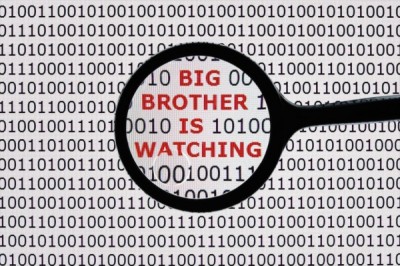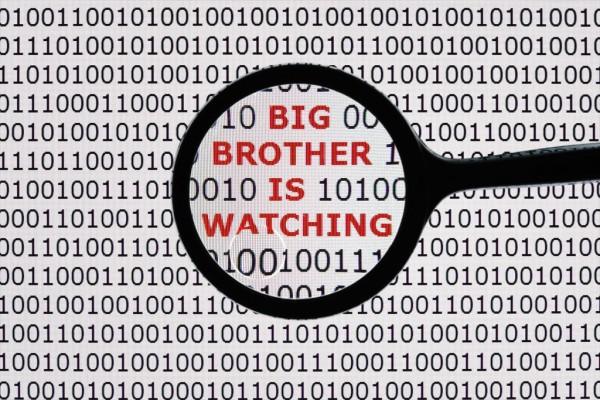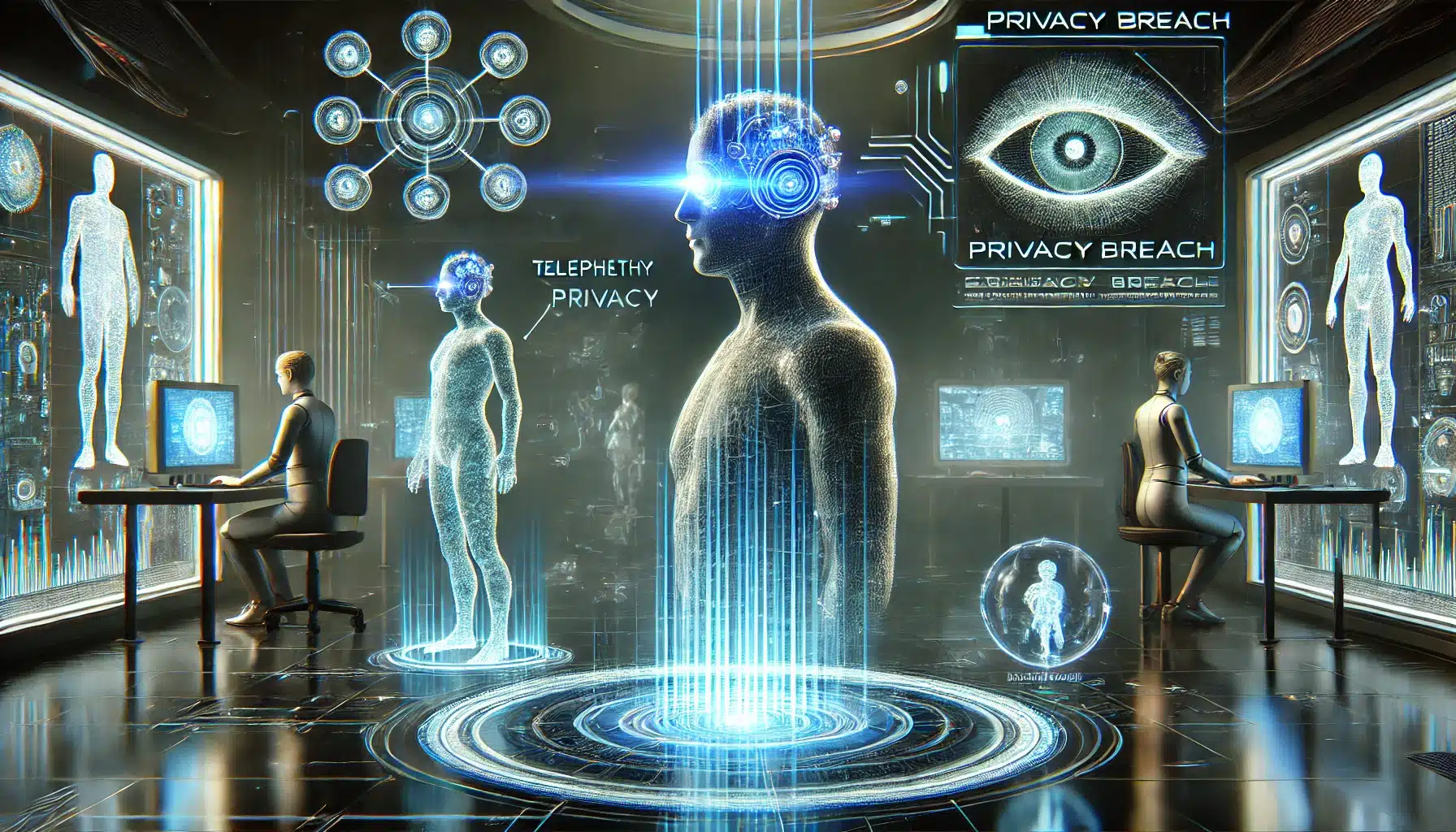
Are you engaging in “suspicious activity”? You might be, according to the federal government – especially if you take pictures in public.
That’s the issue under consideration in Gill v. Department of Justice, a lawsuit filed by the American Civil Liberties Union (ACLU) of California, the ACLU, Asian Americans Advancing Justice, and others to challenge the federal government’s Suspicious Activity Reporting program.
The case revolves around five US citizens who became subject to federal investigations for “suspicious activities” when they engaged in such nefarious dealings as photographing a public landmark.
James Prigoff, a professional photographer, was 76 years old in 2004 when he was visiting Boston and attempted to take pictures of Rainbow Swash – a multi-colored gas storage tank in Dorchester that can be seen from highways. He was approached by security guards and told to leave the area, which he did. But back home in California, he was surprised when agents from the Joint Terrorism Task Force showed up at his home and left a card on his door, asking him to call them immediately.
Learn How To Become Invisible In Today’s Surveillance State!
“When I called [the agent], he asked if I had been in Boston recently,” Prigoff said. “At that moment I realized that the security guards at the Rainbow Swash site must have taken down the rental car license plate number and reported me to a law enforcement agency. I never gave the guards any information about myself, so I must have been traced across country via my rental car record.”
The government’s Suspicious Activity Reporting (SAR) Program is a joint collaborative effort between the U.S. Department of Homeland Security, the Federal Bureau of Investigation, and state, local, tribal and territorial law enforcement partners. The stated purpose of the program is to allow different government departments to work together in order to prevent terrorism and other criminal activities. One approach to fostering this collaboration is creating a national database for “gathering, documenting, processing, analyzing, and sharing,” according to a government website.
But according to the plaintiffs, these governmental agencies have crossed the line and used tactics that should be reserved for investigating genuine terrorist activities instead of targeting law-abiding citizens or tracking a photographer across country.
No reasonable suspicion of criminal activity is required for someone to end up in a counterterrorism database, and people can be turned in by local law enforcement or even by private citizens. An innocent person can stay in the counterterrorism database for years or even decades because of a false complaint. The international news agency Agence France-Presse (AFP) described the program as “a vast domestic spying network to collect information on Americans”
According to the ACLU, the SAR program casts a wide net:
- “Hotels are advised to be on the lookout for guests who ‘request specific room assignments or locations’ or use ‘payphones for outgoing calls.’
- “Rental car companies are instructed that ‘providing multiple names’ on rental paperwork is to be ‘considered suspicious.’
- “Hobby shops should be wary of customers with an ‘unusual interest’ in remote-controlled aircraft and those who pay in cash.
- “The general public is cautioned to report ‘unusual activity,’ including “people acting suspiciously’ and ‘people in places where they do not belong.’”
Another person in the suit is Tariq Razak, a U.S. citizen of Pakistani descent. He was visiting the county employment resource center and had been waiting for his mother to come out of the bathroom when he was deemed to be engaging in “suspicious activities.”
Another plaintiff, Wiley Gill, is a custodian at Cal State University, Chico. Gill was identified by the SAR program as a “Suspicious Male Subject in Possession of a Flight Simulator Game” after playing a video game. His home was searched without a warrant in 2012.
What is your reaction to the lawsuit and the SAR program? Share your views in the section below:











